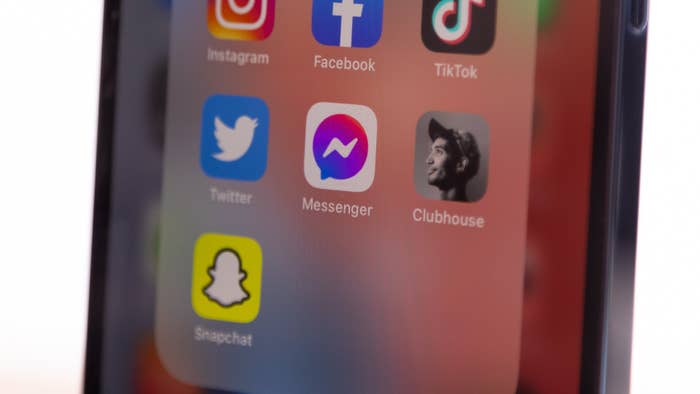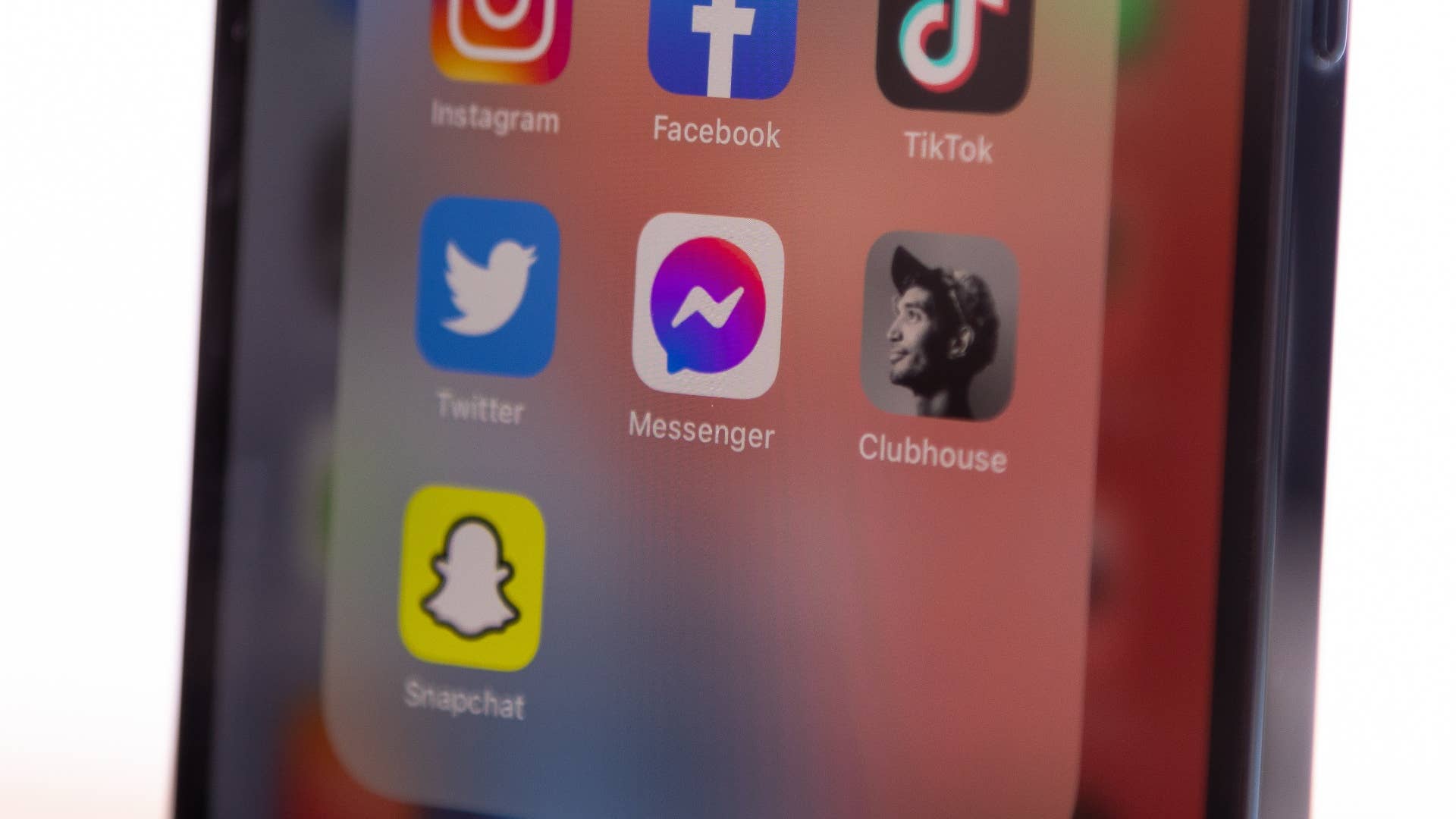
A 9th U.S. Circuit Court of Appeals panel has ruled that Snap Inc. must face a lawsuit from the families of two teens who were killed in a high-speed car crash.
The court, per Reuters, ruled that the company behind Snapchat was not immune by way of the Communications Decency Act, which protects companies from being held accountable as publishers of the content found on their platforms. The decision marks a reversal of a previous dismissal in a lower court.
In 2017, three people—Jason Davis, the driver of the vehicle, as well as Hunter Morby and Landen Brown—were killed in Wisconsin when they ran off the road at an estimated speed of 113 miles per hour. Just before the fatal crash, Brown had opened Snapchat on his phone to use the so-called “speed filter,” a facet of the accident that serves as the basis for the suit from the parents of Morby and Brown.
When reached for comment by Complex, attorney Naveen Ramachandrappa—who’s representing Morby and Brown’s parents in the suit—commended the court’s unanimous opinion.
“We appreciate the careful attention that the Ninth Circuit paid to this case, and the well-written, unanimous opinion reflects such thoughtful work by the panel,” he said. “The Ninth Circuit’s rejection of Snap’s attempt to hide behind the Communications Decency Act is now the second such opinion by an appellate court, with the Georgia Court of Appeals has previously rejected virtually identical arguments made by Snap in another Speed Filter case. We look forward to returning to the District Court and having this case move forward with discovery and a fair determination of the merits by a jury.”
The main argument of the families’ allegation is that Snap, Inc. “encouraged their sons to drive at dangerous speeds and caused the boys’ deaths” through what they argue is the “negligent design” of the Snapchat app.
Circuit Judge Kim Wardlaw said in the ruling that the court had concluded that Snap Inc. “does not enjoy immunity” from the suit because the parents did not argue that the company was a publisher or speaker, nor did their complaint rely on information from another content provider.
“Their negligent design lawsuit treats Snap as a products manufacturer, accusing it of negligently designing a product (Snapchat) with a defect (the interplay between Snapchat’s reward system and the Speed Filter),” Wardlaw said.
Reached by Complex, a rep for Snapchat declined to offer a comment.

